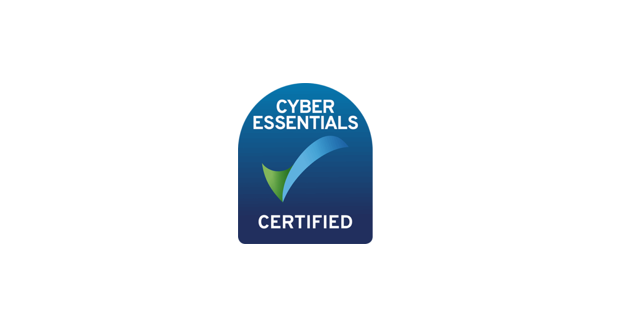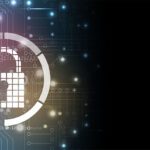ISO-Cert Online Ltd is proud to announce that in response to the high demand for ISO certification for tendering purposes, it has teamed up with the established and highly respected organisation We Write Tenders.
This exciting (and logical) development should give both companies the resources needed to take customers who are looking to bid for work through an efficient and seamless route, thereby potentially increasing revenue.
What can We Write Tenders offer you?
We Write Tenders are able to offer:
- Customised bid writing to suit your unique needs
- Opportunity finding for businesses that want to accelerate their growth
- Personalised attention, providing the highest levels of customer services
- Customised masterclass that empowers your internal team with the skills and knowledge they need to excel
For more information on ISO-Cert Online Ltd’s services or to discuss your requirements please contact us on 0333 014 7720 or email info@isocertonline.net.



















Recent Comments